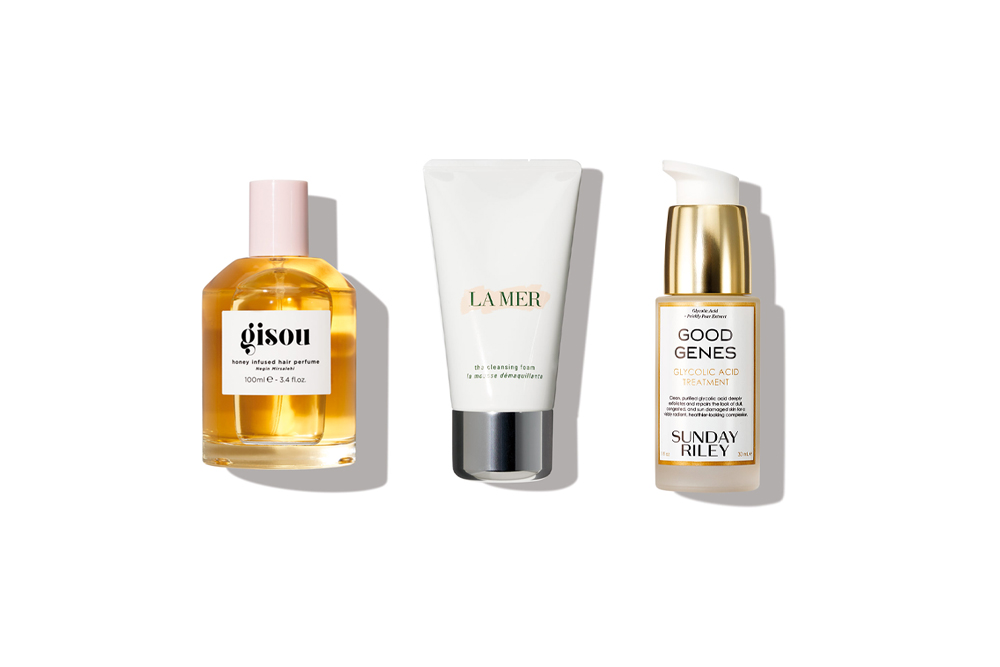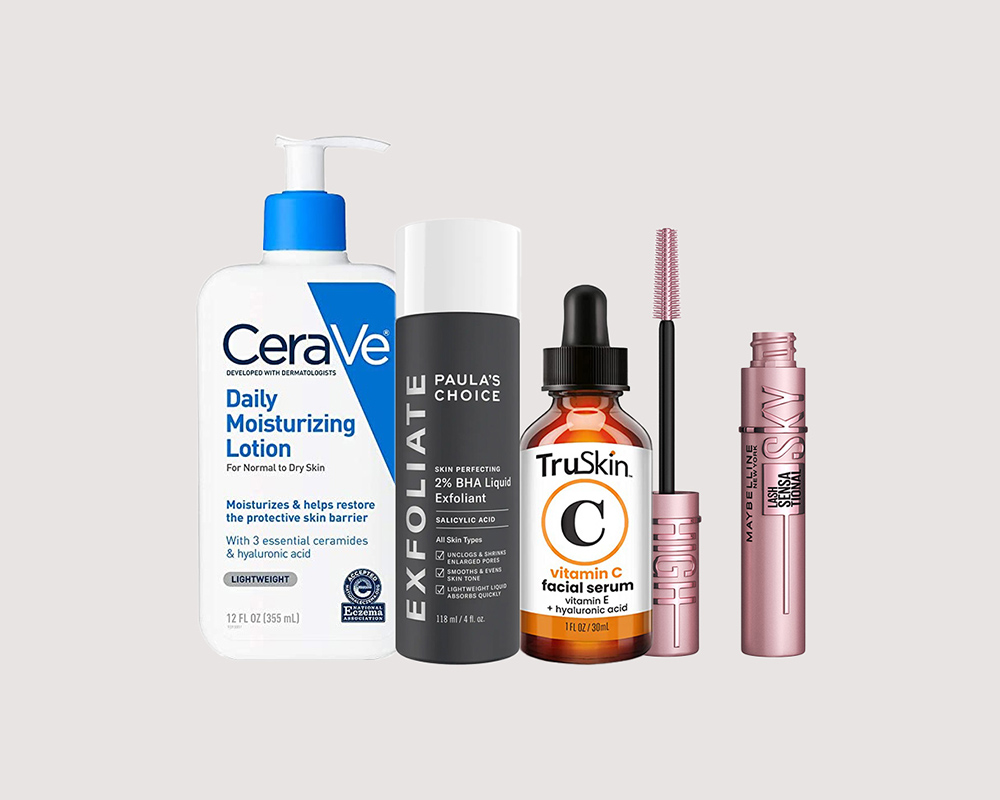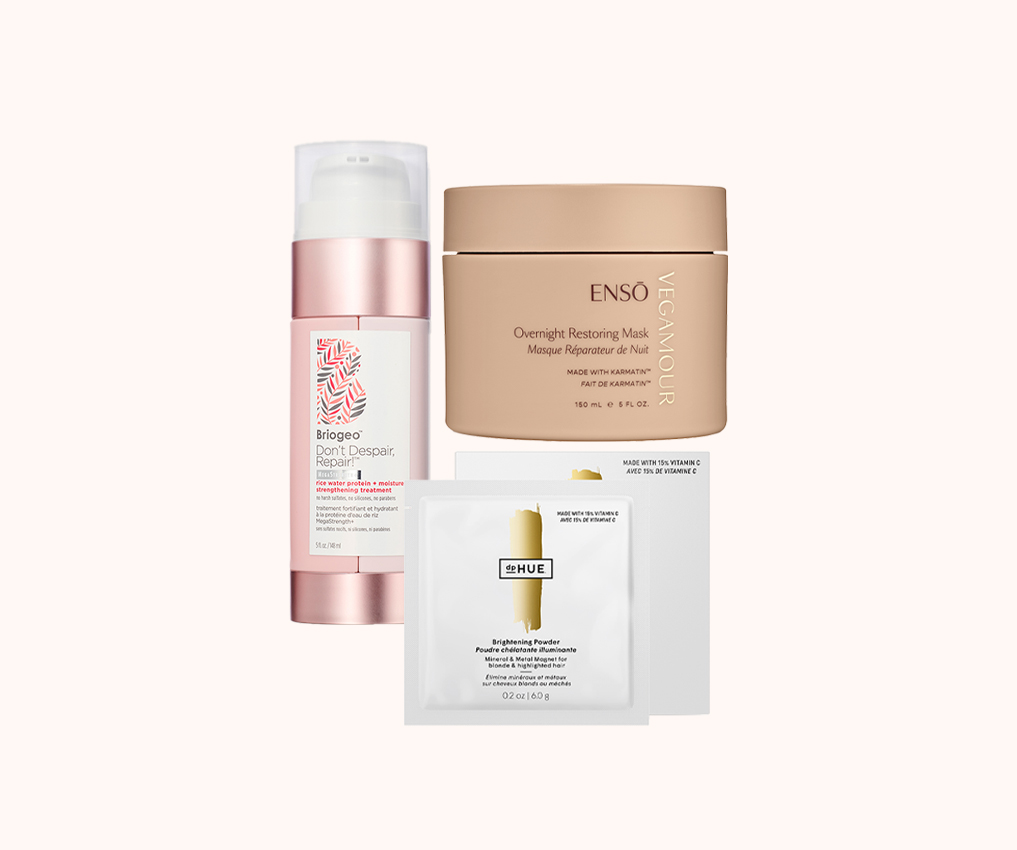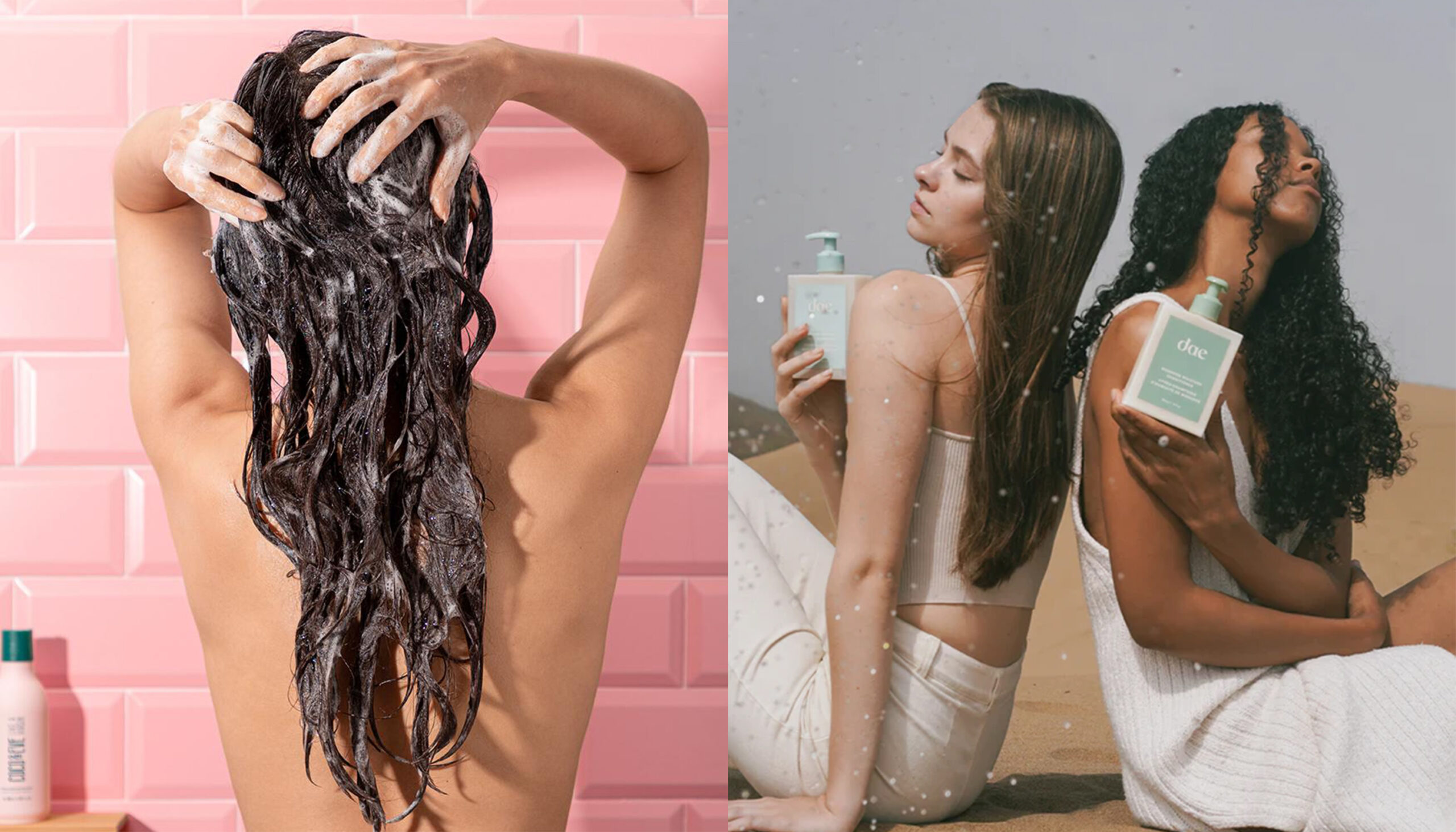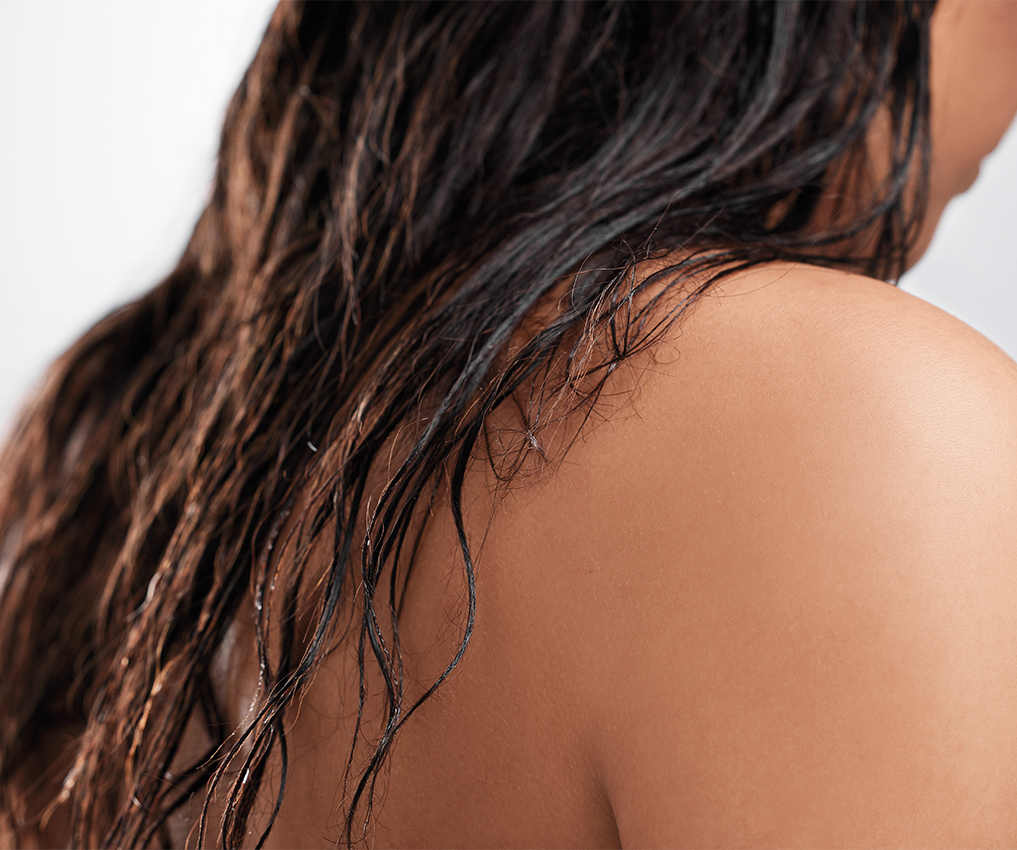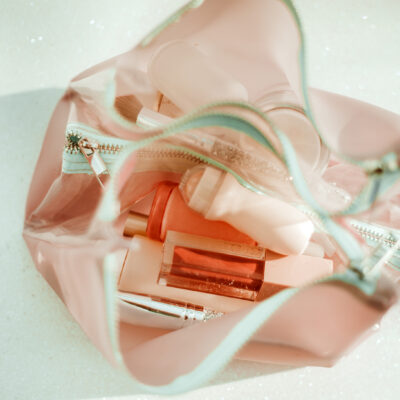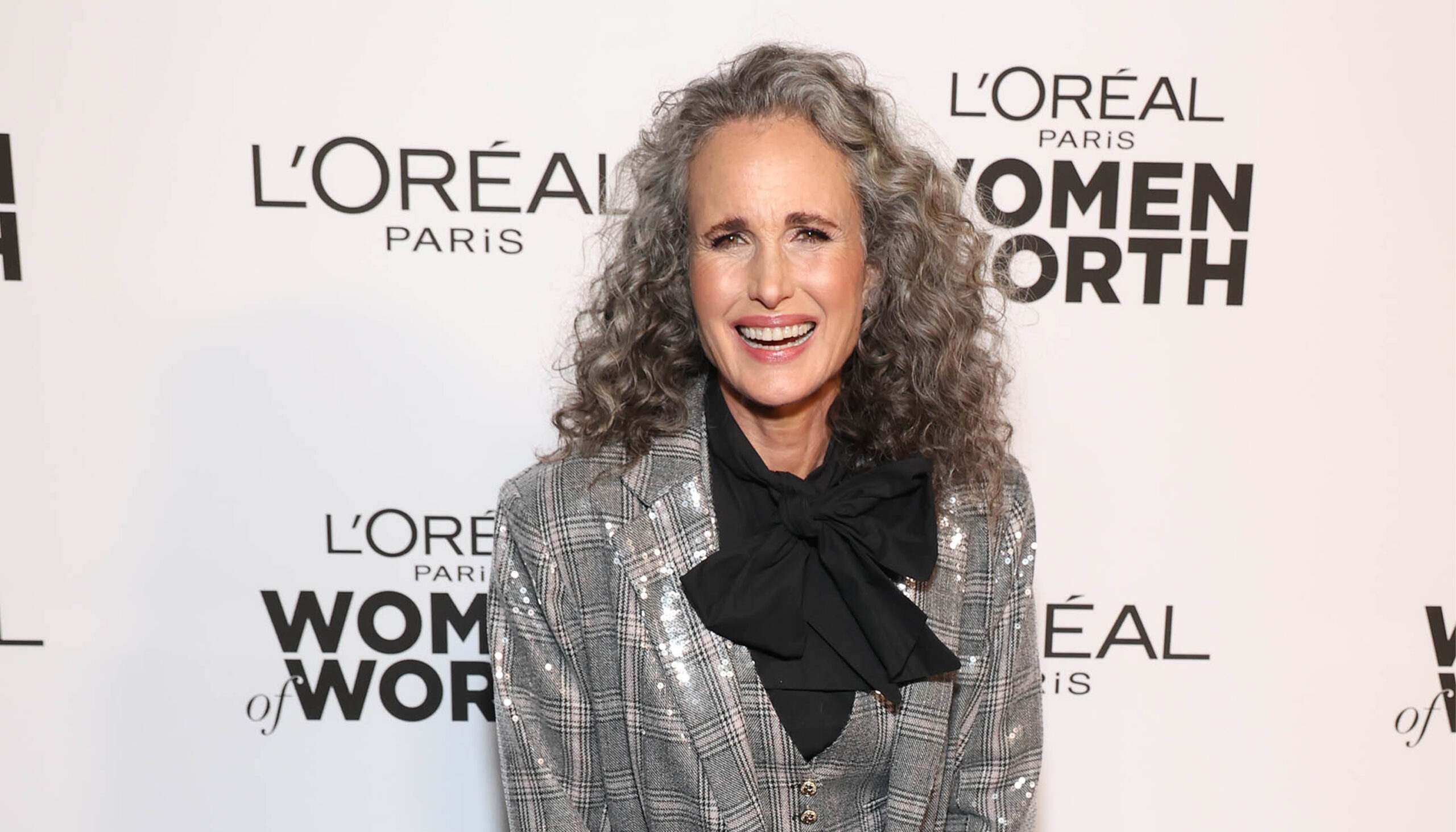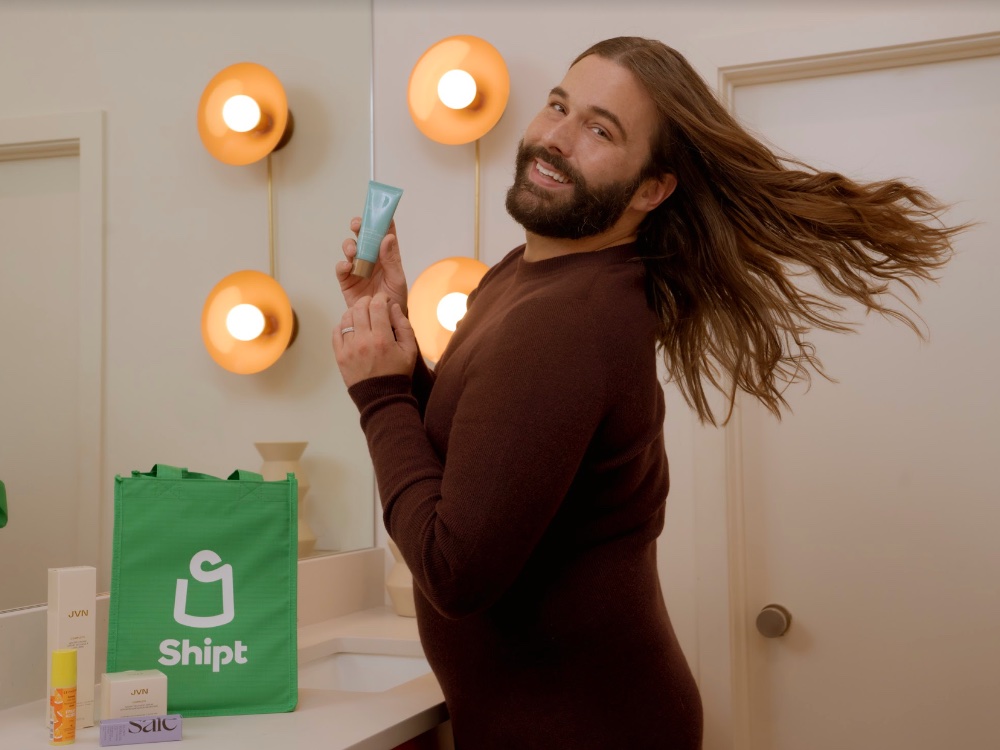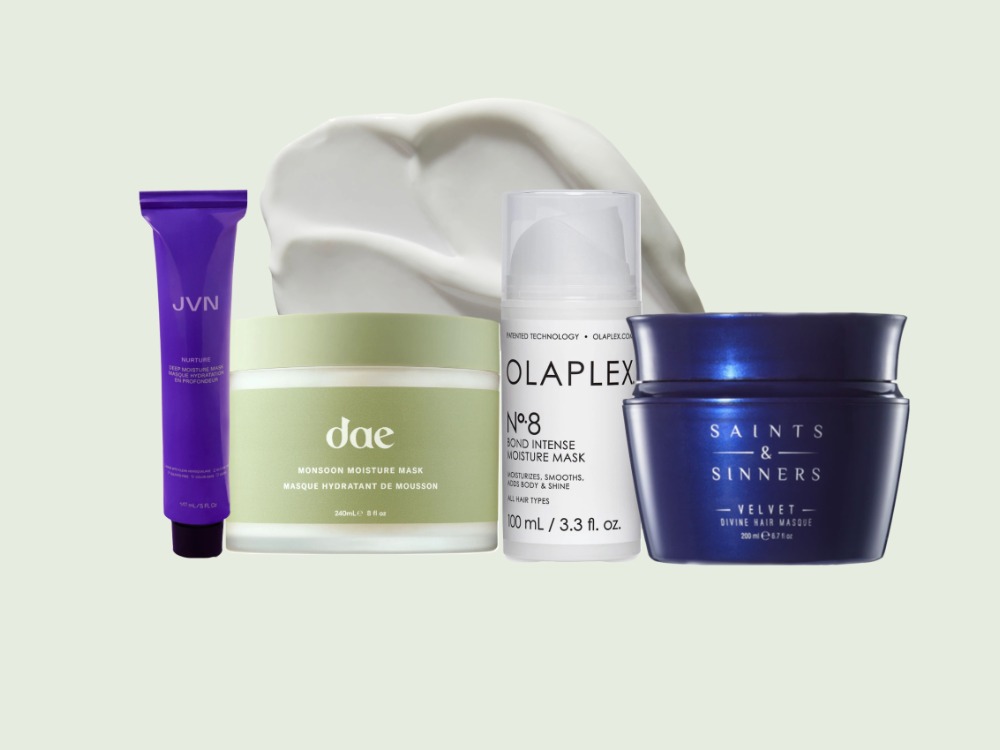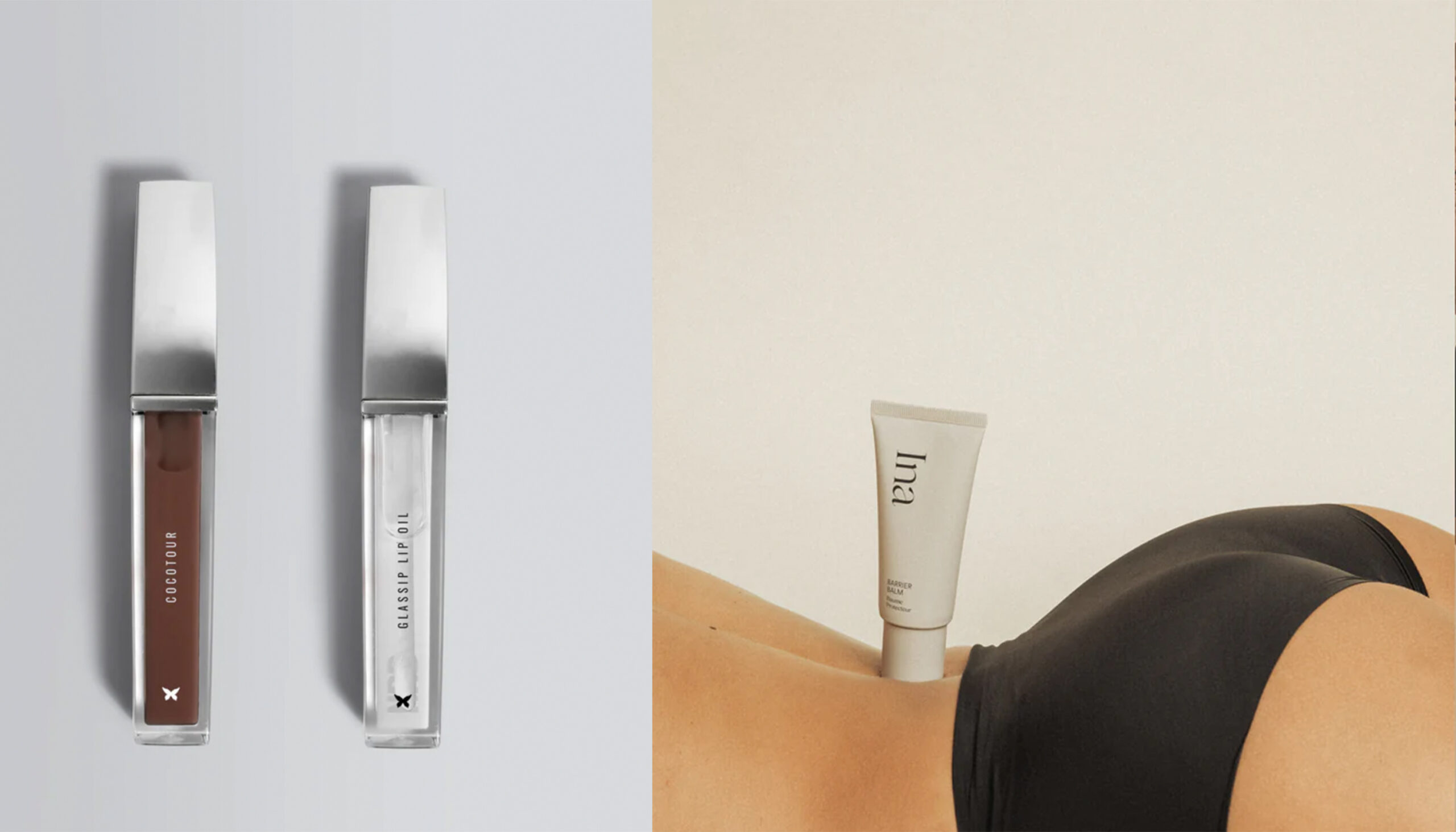Picture this: You’re in the textured hair care aisle. While it’s certainly grown from the small corner it used to occupy, curl care nowadays can feel overwhelming. Everywhere you look there are products packed with what feels like the only two ingredients in the world: shea butter and coconut oil. But are they really what’s best for your curls?
According to the experts, these two common ingredients may not be the best choice for every curl pattern. While they might be the star in many textured hair-care products, not everyone with curly hair will be able to handle heavy oils. And you probably don’t need them to be in every single hair product you use, even if they are beneficial for your curls.
What Is Textured Hair?
“There is such a wide range of texture, from wavy all the way to coily,” explains Esteé Lauder’s head of R&D for hair care, Christine Hall. “And for some of us there are multiple different textures on one head. Just the other day I was having my hair cut and styled and my stylist pointed out a section that is apparently bone straight. I just never noticed it before because it was on the back of my head.”
For many people, like former Bachelor star and Wilhelmina Model, Serene Russell, figuring out how to care for their specific hair texture can be a struggle.
“I had to start learning how to do my own hair in the third grade,” Russell explains. “I’m biracial and my mom is white, so it was quite a journey for her to learn how to do my hair. And she was very good at it, and did a lot of protective styles and braids on me. But early on, she threw me out there to learn for myself, since it was my hair and I needed to learn how to care for it. That meant I had a lot of bad hair days growing up!”
Different curl patterns often have different needs, and with many curly hair products featuring coconut oil and shea butter, it can be difficult to meet all of those needs. Of course, these two ingredients didn’t end up in so many curly hair care formulas without reason.
Shea Butter and Coconut Oil
The Pros:
Tightly coiled hair tends to be a few things: dry and fragile.
“For coily hair types, the big concern is dryness,” Hall explains. “And products that highlight shea and coconut oil are signalling to those buyers that they can take care of that dryness.”
Shea butter and coconut oil work by quickly penetrating the hair shaft, delivering much needed moisture deep into the cortex. If you have the kind of hair that needs volume control, both of these ingredients are useful for taming out of control curls and dry frizz.
“If you have a coarser curly hair, it will likely soak up all of that coconut oil or shea butter and actually need more,” Founder and CEO of NAPRIM Naturals hair care, Stefanie Lendzian explains. “This hair type can absorb large amounts of these oils right away because it needs that moisture.”
While it may feel like you’re using too much, coarse curly hair tends to benefit from using a lot of product.
“You may hear for fine hair that less is more,” Lendzian says. “But with coarse textured hair, more tends to be more.”
Both of these ingredients are also excellent for conditioning treatments like hair masks meant to repair serious damage and dryness.
The Cons:
Coconut oil and shea butter have a tendency to drag down curls with that added weight.
“I’ve tried products that use shea butter and they do make my hair feel soft,” Russel says. “But ultimately it was like my hair wasn’t living up to its full potential. I just can’t have something that heavy on my hair.”
If you’re one to use a lot of styling products, then using a lot of either of these ingredients can be a mistake.
“Coconut oil and shea butter tend to be detrimental to styling products,” Hall explains. “Those butters and oils make the hair softer, but ultimately reduce hold.”
And while both of these ingredients have their strengths, you don’t really need both in one formula.
“These ingredients don’t need to be in every single step of your hair care. And you don’t need both,” Lendzian says. “Oh my gosh, no.”
Alternatives to Shea Butter and Coconut Oil
If your curls tend to need volume, rather than volume control, you might be better suited to other hydrating ingredients that tend to be more lightweight.
“If you’re worried about weighing down your curls, there are a lot of other lighter emoluments, including plant-derived squalane,” Hall says. “This gets you conditioned, but it’s not particularly heavy.”
And since curly hair types are more fragile, Hall also recommends looking for strengthening ingredients in your hair care.
“Things like proteins, amino acids and peptides are a good idea,” Hall says. “You can also look for humecants that draw moisture to the hair, like glycerin or butylene glycol, which can be particularly useful in styling products.”
The Takeaway:
Curls are not a one-size-fits-all situation, and how to manage them varies hugely from person to person. How well your hair takes to shea butter and coconut oil will also vary on your curl pattern, how dry your hair is and how much product you’re using.
“Many times a client will end up in my chair having no idea how to use a product,” Lendzian explains. “So you may not be getting the full strength of a product or its ingredients because of the way you’re using or the amount. For shea butter and coconut oil, less tends to be more unless you have very coarse, dry hair.”
At the end of the day, what your hair actually needs should drive your use of these ingredients.
“We tend to buy product after product without consider what our hair may actually need,” Lendzian says. “You need to consider if you want high shine, if you want volume or volume control. Is your hair dry? Where do you live? All of those factors contribute to how you should care for your curls and what ingredients you should use.”
And the experts certainly see that kind of customization as the future of hair care.
“There’s a lot of discussion around the starting point of your hair and how we can get to your specific goals,” Hall says. “One product is not going to solve all of those needs, curly hair needs a range of products.”

